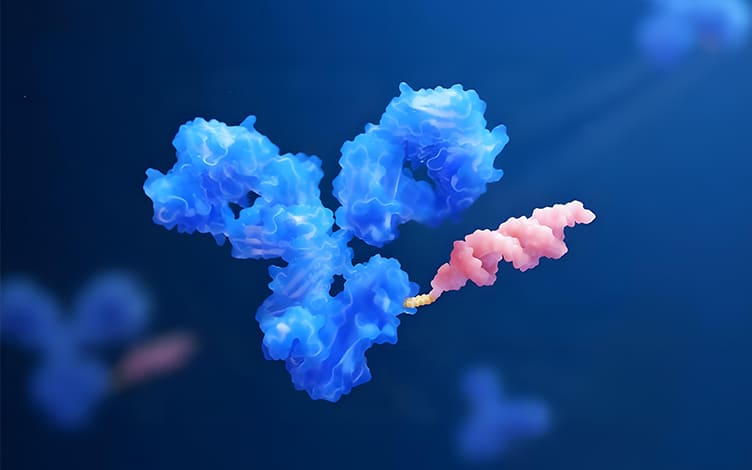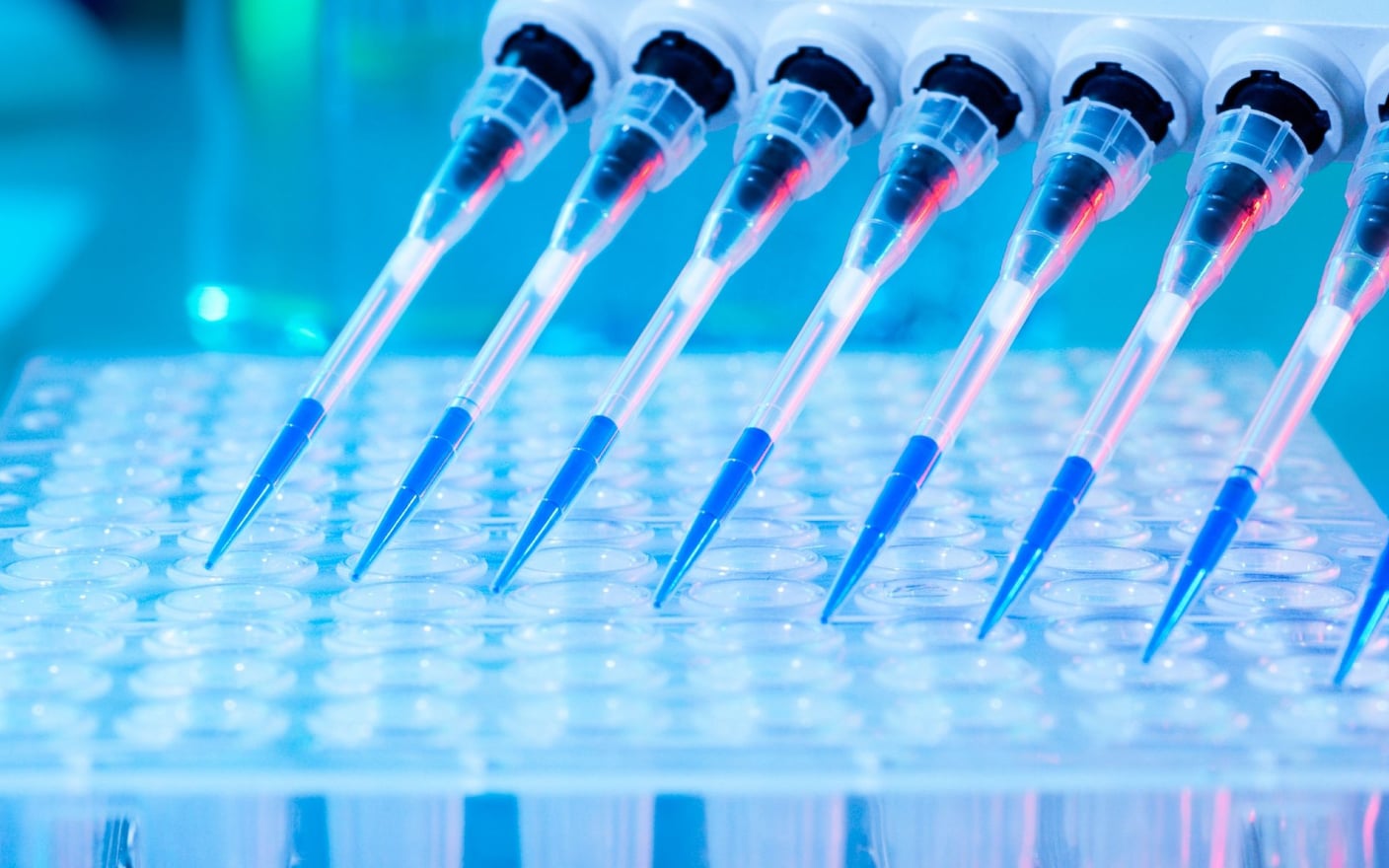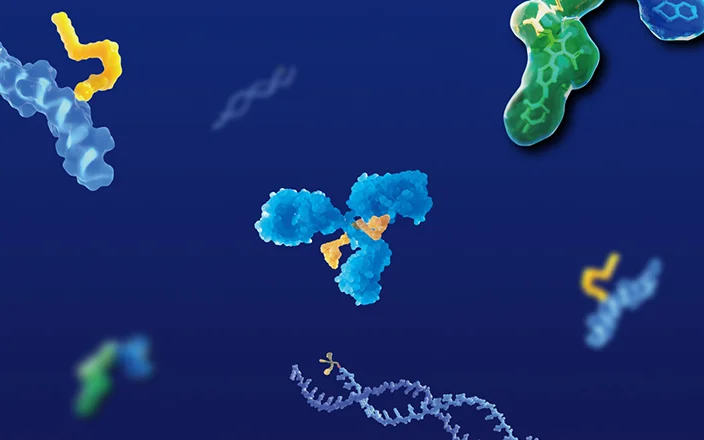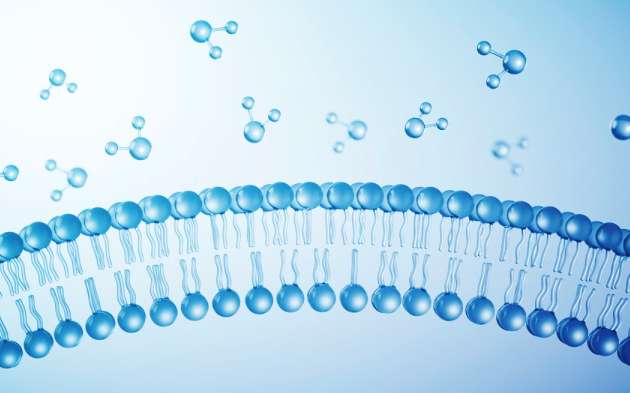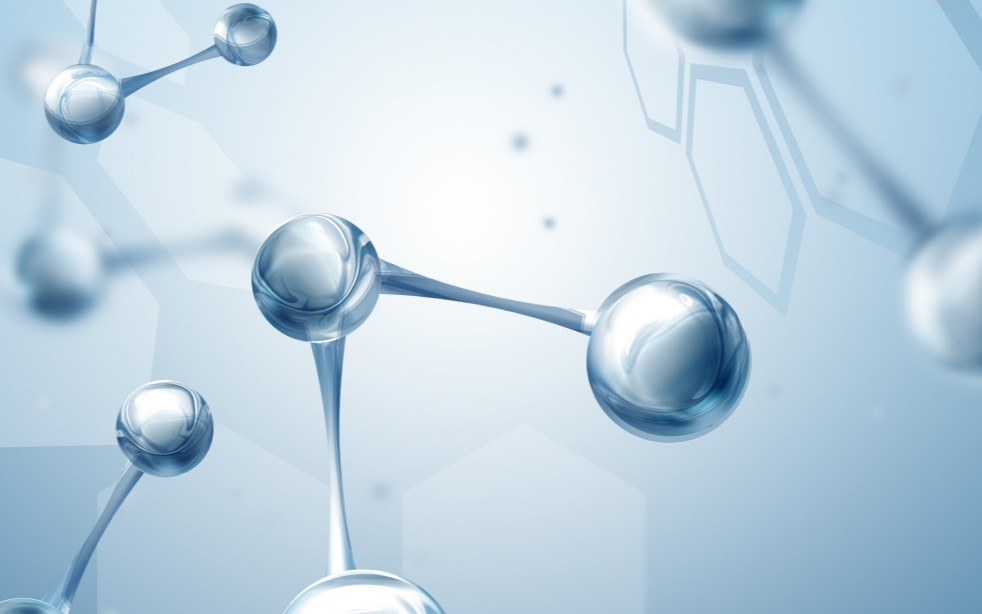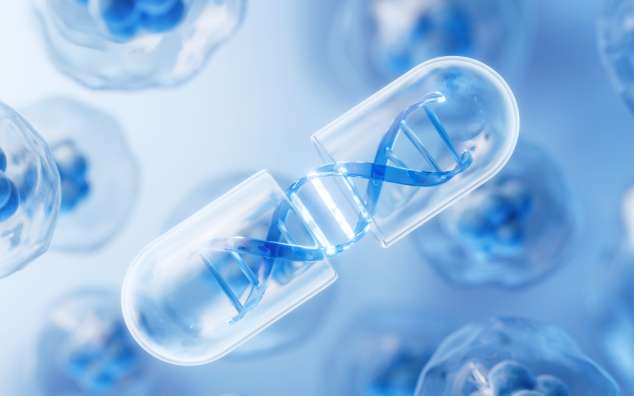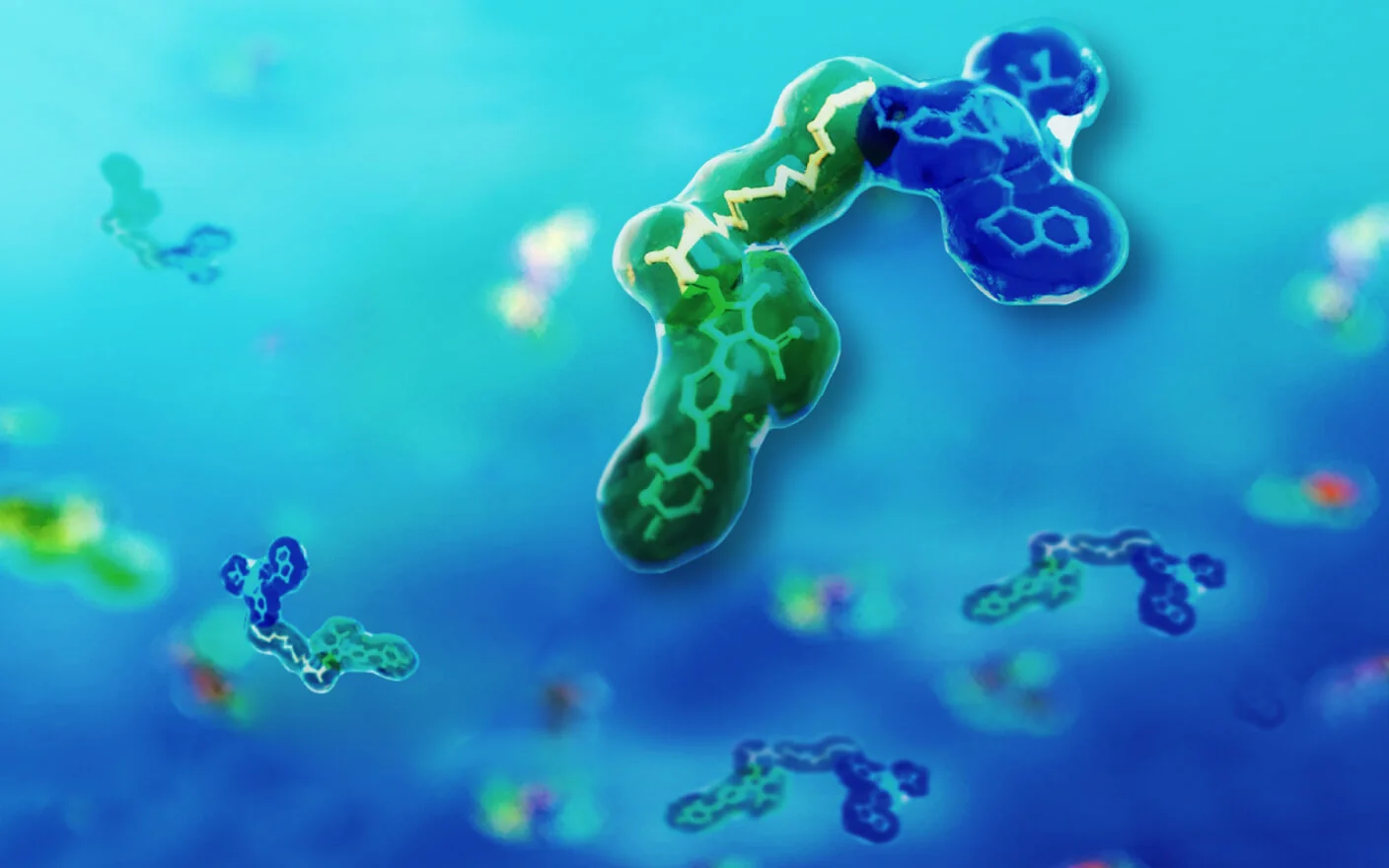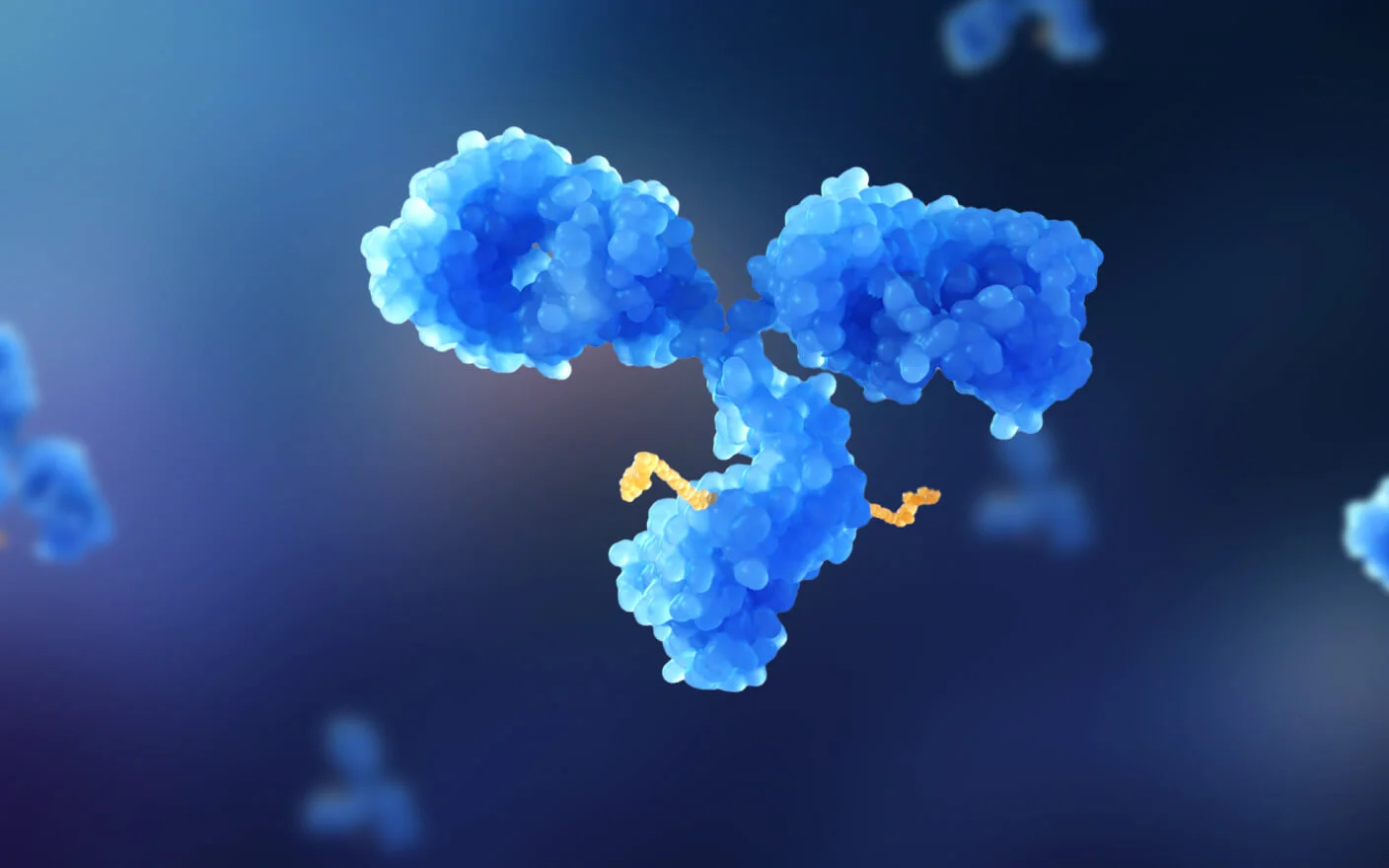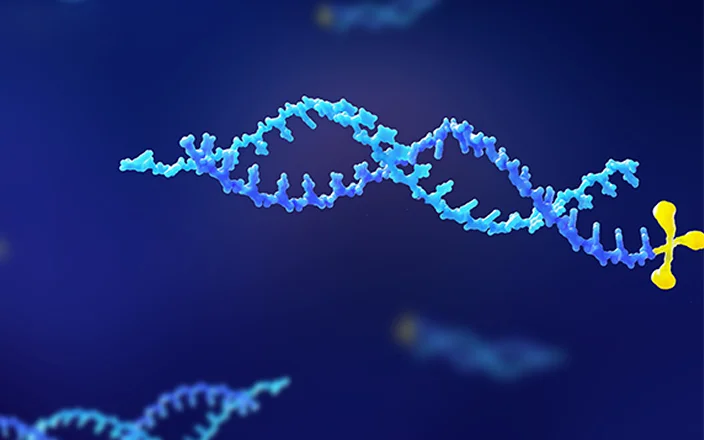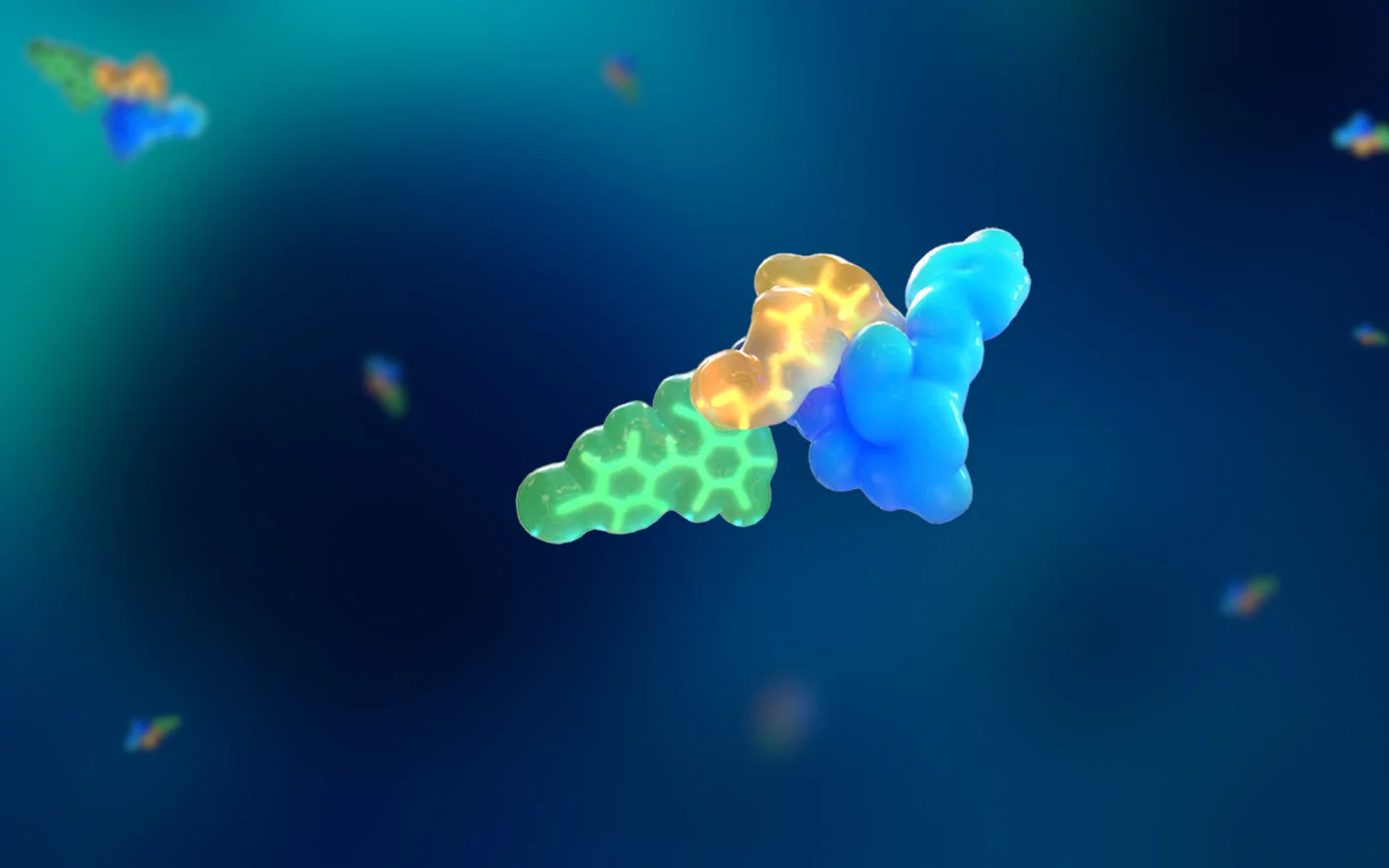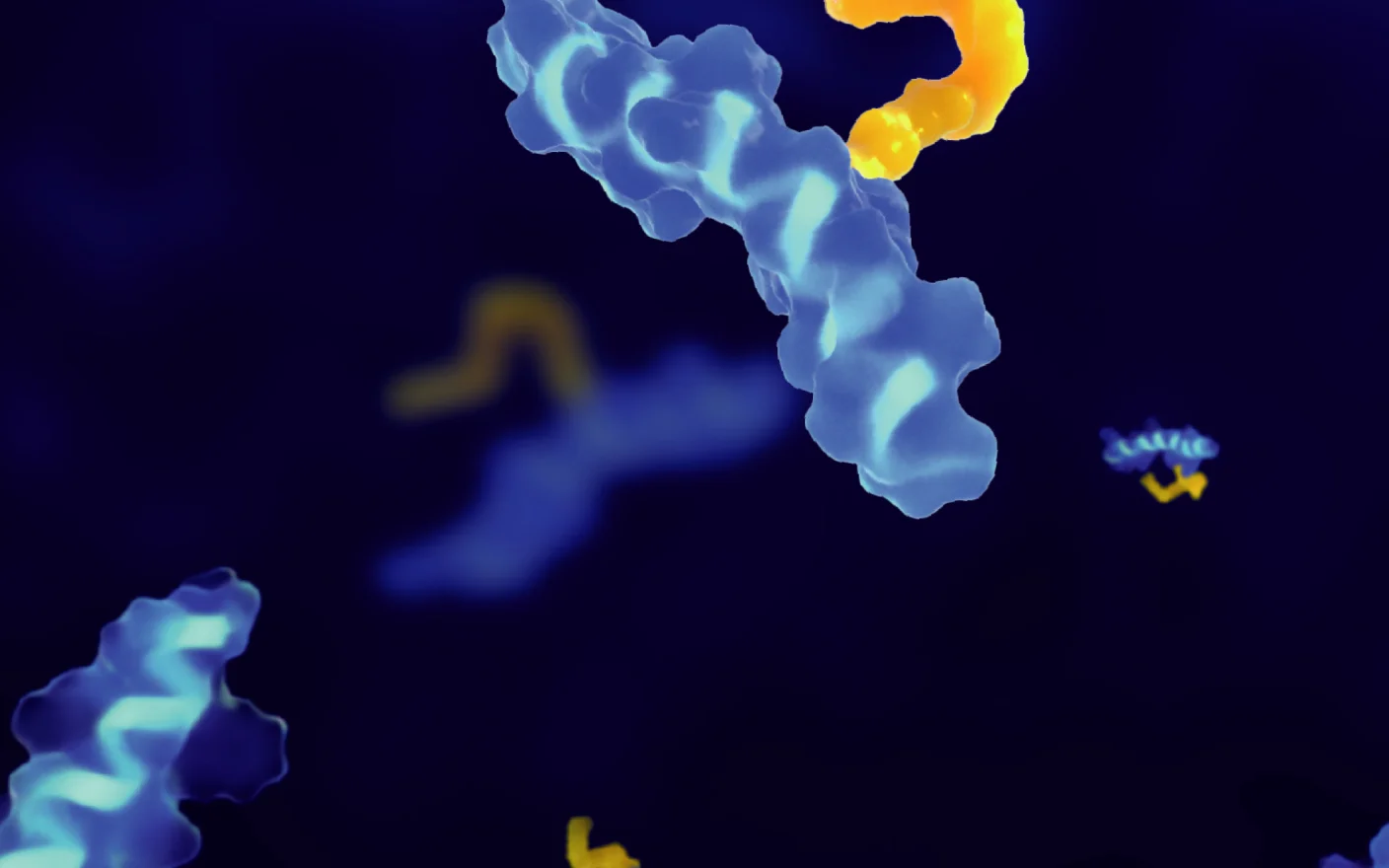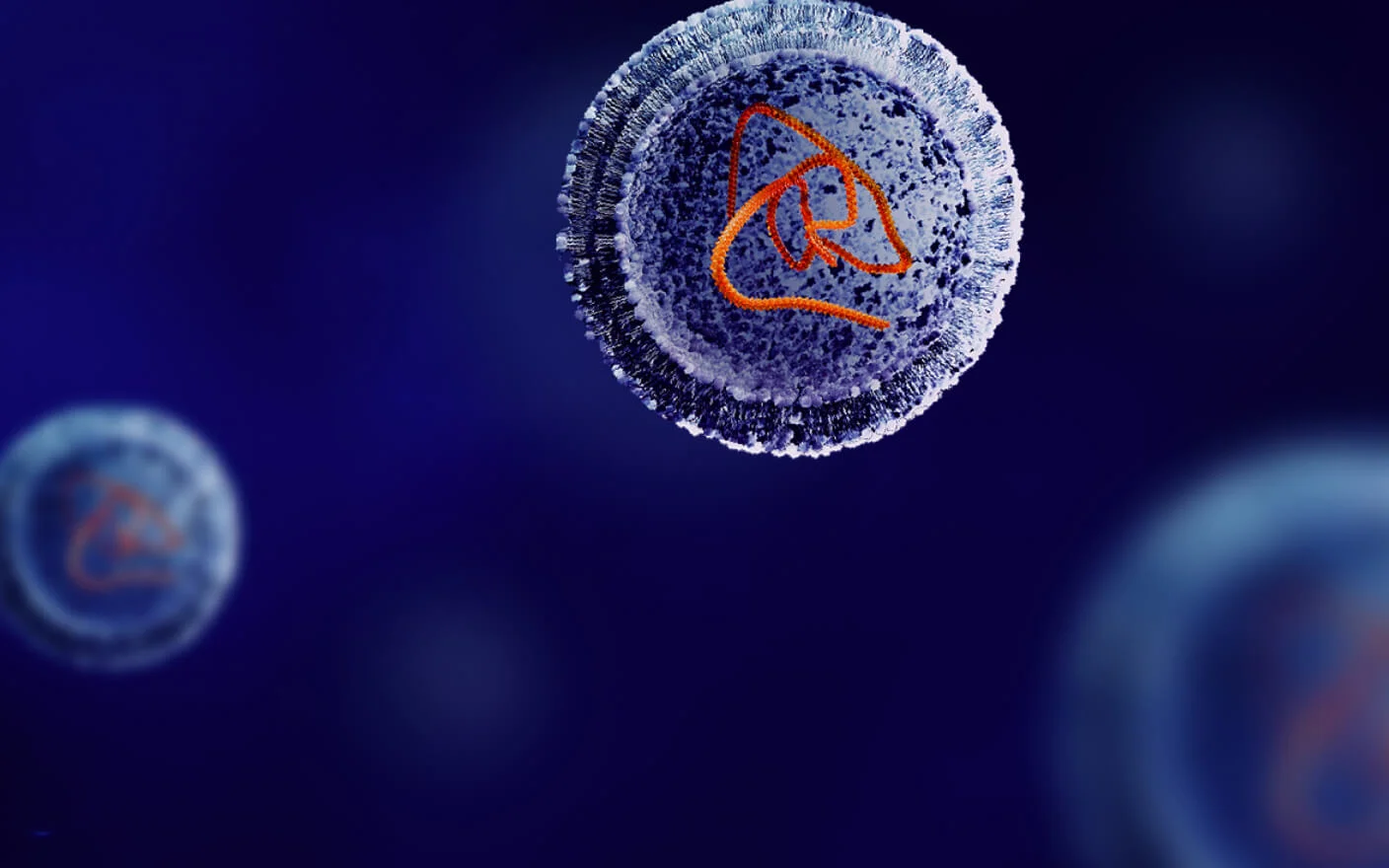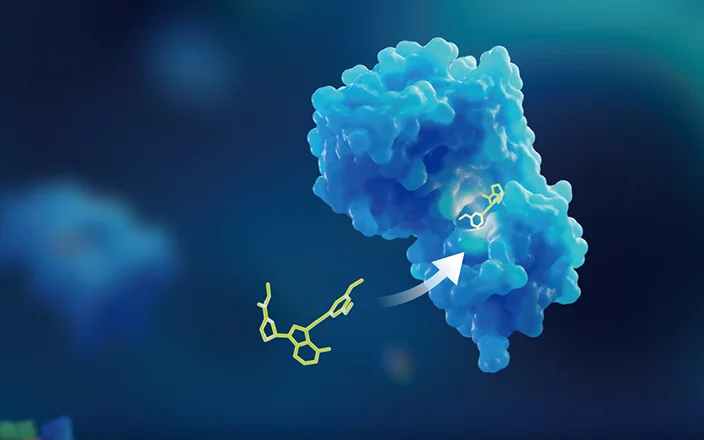◢ Booth #200
This co-organized meeting for JSSX and ISSX with a focus on The Future of Translational Xenobiotic Research provides an extremely valuable and truly unique opportunity for researchers to gather and exchange ideas and expertise from artificial intelligence, in vitro, in vivo to clinical areas of science. In addition to an outstanding scientific program, the meeting provides you with access to state-of-the-art exhibits and ample opportunities to present your work during our poster presentation sessions.
Featured Presentations
Smart Ideas of ADME-PK for Large Molecules
Lijuan Hou
From Study Director team, Director of WuXi AppTec DMPK
An ADC primarily consists of an antibody, a linker and cytotoxic payload. Due to its complex structure, both biotransformation and bioanalysis may present significant challenges. In this presentation, an expert from WuXi AppTec DMPK will share considerations and detailed information on the biotransformation and bioanalysis strategies for overcoming these challenges.
Oligonucleotides (Oligos) target a variety of disease areas, with delivery strategies posing particular challenges in the CNS field. Early stage proof-of-concept studies and intrathecal dosing can be applied to facilitate oligo delivery to CNS. We will present strategies for addressing CNS-target Oligos, leveraging state-of-the-art technical platforms.
Learning Objectives:
1) Gain insights into the strategies used to address the challenges of ADC biotransformation and bioanalysis.
2) Explore oligonucleotide delivery challenges and solutions, particularly in the CNS field.
Cost-Effective In Vitro Methods for Evaluating DDI Potential in Drug Discovery
Lifang Jiang
PhD, From In Vitro ADME team, Associate Director of WuXi AppTec DMPK
With the implementation of the M12 guidance, there has been a standardization of the guiding principles on DDI across various regions. In enzyme-mediated interactions, further emphasis has been placed on research related to CYP and UGT enzymes. The accuracy and predictive power of in vitro data are extremely important for better clinical drug interaction predictions. Among them, time-dependent inhibition (TDI) of CYP enzymes is a significant area of focus, and there has been extensive industry discussion in the feedback on the M12 guidance, particularly about whether TDI should use the dilution or non-dilution method. Data generated from our lab from the non-dilution method for CYP TDI evaluation has been shared with the agency during the feedback phase, resulting in the inclusion of the non-dilution method in the M12 guiding principles. In this presentation, we will review this data. We will also share a cost-effective method for evaluating UGT inhibition using human liver microsomes.
Learning objective:
1.Why is the non-dilution method for evaluating CYP TDI in the Discovery phase at least as effective as dilution method?
2.Advantage of using human liver microsome to evaluate UGT inhibition.
Posters
Other Resources
-
Posters
-
Other Resources
-
Rapid Adenosine Bioanalysis with LS-LC-MS/MSA Rapid Liquid Chromatography-Tandem Mass Spectrometry (LC-MS/MS) Method for Quantifying the Metabolites of Seven Major Probe Substrates in Human Liver MicrosomesA Sensitive and Efficient LC-MS/MS Method for Creatinine-d5 Analysis in In Vitro OCT2 Inhibition AssayDoes the Flux Competition Method Add Significant Value in Species Difference Protein Binding Evaluation?Effects of Lipoprotein Binding and Plasma Dilution on the Accuracy of Ultracentrifugation Method in Plasma Protein BindingRapid Determination of Lipophilicity: Exploration and Establishment of Reversed-Phase Liquid Chromatography (RPLC) MethodsEffects of Anesthesia and Different Lymphatic Fluid Collection Methods on the Lymphatic Transport of Orally Administered Drugs: A Comparative Study in RatsComparative Metabolite Profiling and Identification of a GalNAc-Conjugated siRNA, siRNA01, in Plasma Prepared with Various Anticoagulants, Serum, and In Vivo Plasma Using LC-UV-HRMSIn Vitro Metabolic Stability Evaluation of ADCs in Plasma and Whole BloodDevelopment of an In Vitro Platform for Screening UGT Inhibitors Using Human Liver MicrosomesIs the Dilution Method for Measuring IC50 Shift Values a More Sensitive Approach for Evaluating Time-Dependent Inhibition?A Comprehensive Platform for Evaluating the In Vitro CYP Reaction Phenotyping of New Molecular Entities (NME)Evaluation of Different Tissue Processing Methods in Bama Pig Skin as an Animal Model for Topical Delivery SystemsEvaluation of Cytochrome P450 Inhibition in the 7-in-1 Cocktail Using Preferred Substrates Recommended by Regulatory AgenciesView More
-
-


Deciphering Nucleoside and Analogs: Mechanisms, Landscape, and Their Phosphates Analysis based on LC-MS/MS
ArticlesFeb 27,2026 -


A Review on ADC Linkers: Cleavable and Non-Cleavable Linker Design and Stability Evaluation
ArticlesJan 30,2026 -


What Are Antibody–Oligonucleotide Conjugates (AOCs) and Their Structural Characteristics
ArticlesNov 28,2025
-
Related Services and Platforms




-

 In Vitro ADME ServicesLearn More
In Vitro ADME ServicesLearn More -

 Novel Drug Modalities DMPK Enabling PlatformsLearn More
Novel Drug Modalities DMPK Enabling PlatformsLearn More -

 Physicochemical Property StudyLearn More
Physicochemical Property StudyLearn More -

 Permeability and Transporter StudyLearn More
Permeability and Transporter StudyLearn More -

 Drug Distribution and Protein Binding StudiesLearn More
Drug Distribution and Protein Binding StudiesLearn More -

 Metabolic Stability StudyLearn More
Metabolic Stability StudyLearn More -

 Drug Interactions StudyLearn More
Drug Interactions StudyLearn More -

 PROTAC DMPK ServicesLearn More
PROTAC DMPK ServicesLearn More -

 ADC DMPK ServicesLearn More
ADC DMPK ServicesLearn More -

 Oligo DMPK ServicesLearn More
Oligo DMPK ServicesLearn More -

 PDC DMPK ServicesLearn More
PDC DMPK ServicesLearn More -

 Peptide DMPK ServicesLearn More
Peptide DMPK ServicesLearn More -

 mRNA DMPK ServicesLearn More
mRNA DMPK ServicesLearn More -

 Covalent Drugs DMPK ServicesLearn More
Covalent Drugs DMPK ServicesLearn More
Stay Connected
Keep up with the latest news and insights.
Submission successful!
We will send you an email with all the posters from this conference once they are ready. Thank you!
-
ok







